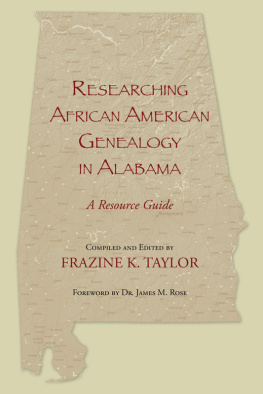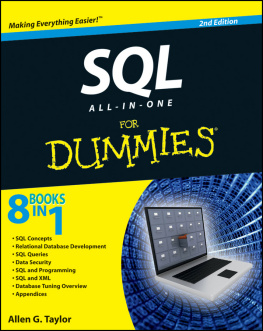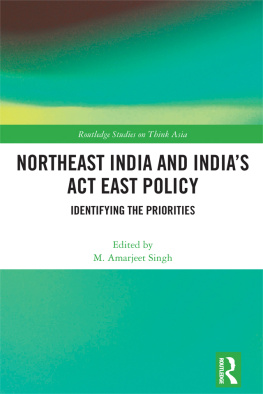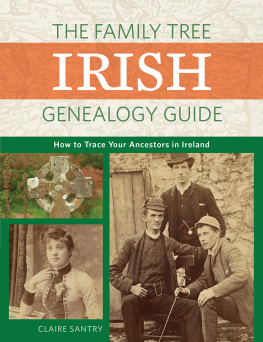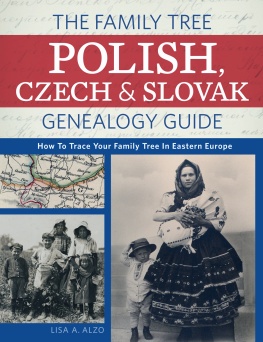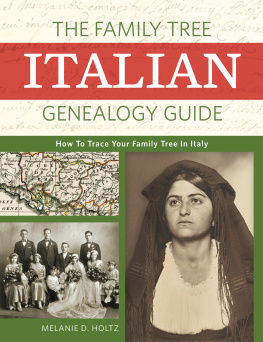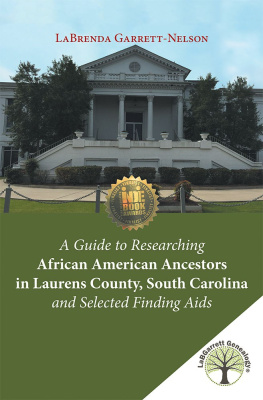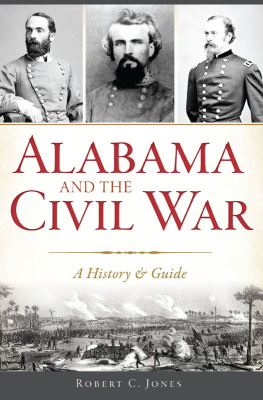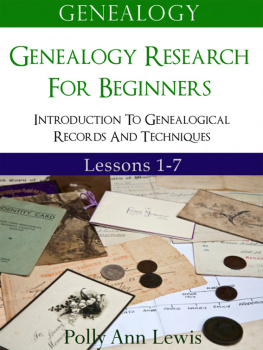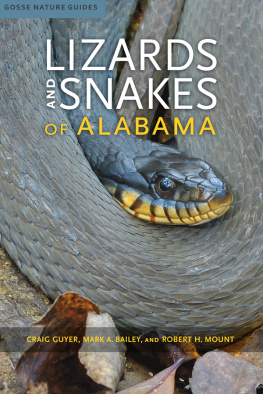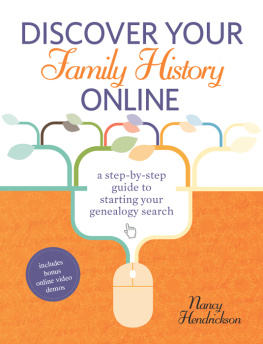Dr. James M. Rose
Hundreds of patrons have received the expertise and knowledge of Frazine Kennett Jones Taylor about Alabama genealogical research. In addition, she has taught the art to hundreds of students. All genealogists looking for the family tree in Alabama sooner or later come across Frazine.
They now have this great resource by her. This guide will help researchers to locate the resources available for researching African American records in archives, libraries, and county courthouses throughout the state.
Location! Location! Location! That catchphrase popularized by the real estate community fits with the underlying theme in this book about researching African American family history in Alabama. As the genealogy bug attacks more and more African Americans, resource location almost always becomes one of the critical needs in their research process. Throughout this book, I will be using the terms family history, genealogy, family historians, and sometimes genealogist. In their book Black Genesis , James Rose and Alice Eichholz gave us an insight into how genealogists breathe life into family history:
Genealogy is primarily a quest for identity, not in terms of name or status (although it has been used that way sometimes), but as a basis for understanding the psychological, social, political and economic forces that influenced us through our parents, grandparents, great-grandparents, and family life in general.
Formal instruction on how to research a familys history plays an important role in tracking down the branches of the family tree, however, nothing beats the resource that maps the way. The idea for this guidebook rose out of my lecturing throughout the country and having noticed that reference guides on African American family history resources seemed to exist for every state except Alabama. Books like Black Roots in Southeastern Connecticut, 16501900 , by James M. Rose and Barbara W. Brown, and Free African-Americans of North Carolina, Virginia and South Carolina by Paul Heinegg are among the fastest growing state resources that I have seen. Whereas, Alabamas African American resource information had remained only a chapter in many of the basic family history resource books.
This was regrettable not merely for researchers on African American history in Alabama. In fact, Alabamas records play an especially important role in U.S. family history research because of the migration patterns of Alabamas freedmen, first to urban areas of Alabama and then to northern cities, a trend that continued throughout the first part of the twentieth century. Florette Henri states in Black Migration: Movement North, 19001920, By 19171918 they were pouring into northern cities, especially those with heavy industries, so that Detroits black population in 1920 was eight times as great as in 1910; Clevelands was four times as great, and Chicagos was two and one-half times as great.
The flight of blacks from the Southern states scattered families and today makes it a challengebut not an impossibilityto research African American family history. This resource guide is intended to help identify and locate the resources for researching African American records in archives, libraries, and county courthouses throughout the state of Alabama.
Introduction
When using this book, you will notice that I mention many materials that can be found at the Alabama Department of Archives and History and at the courthouses in Alabamas sixty-seven counties. The bibliographies at the end of each chapter are by no means exhaustive but rather are a place for starting your research.
The first section of the book reveals pointers on beginning and researching a family history. The book is arranged so that the reader can review aspects of research and receive additional clues, but I cant overemphasize that the book is by no way comprehensive in the overall study of all of the records pertaining to African Americans in Alabama.
In the second section, on the county records, I have listed the names of the records, the county location, and, if warranted, what information the records contain, especially if the listing appears to be a new discovery. You will find a few illustrations of records that needed further explanationan image was the best way to make certain that the information was clear to the reader. Abbreviations are seldom used and when they are an explanation follows.
I have used Internet references cautiously because the Internet is rapidly evolving and Internet addresses are changing so fast that even as you read this book, some of the URLs listed may have already changed. The Internet is just another research tool; use it with care and verify what you learn with additional documentation from other sources. The most helpful Internet search strategy is to use a number of search engines, such as www.mmama.com, (which claims to be the mother of all search engines) or www.dogpile.com. These search engines simultaneously search several other engines, such as Google, Yahoo, etc., so that your results will be from several engines by doing just one initial search. This is not a foolproof method and references are always missed! That is why it is necessary to have a list of each search engine and an explanation of the search methodology, which usually can be found on the sites own web page. Always look for related sites about your subjects when using the Internet. My recommendation for a general all-around Internet site on records and information on African Americans is AfriGeneas.com. This site is devoted to African American genealogy and to researching African ancestry in the Americas.
The Internet has made genealogy research a lot less intimidating because of the instant availability of recordsinformation that previously was accessible only through archives, libraries, or repositories. Genealogists as a group are never satisfied until they have researched and located all available records. The very existence of a massive storehouse of online data that conventional search engines such as Google or Yahoo cannot penetrate boggles the mind. This information is buried in databases and other research resources and is referred to as the invisible web , hidden web , or deep web . For genealogists, this is indeed another resource that can be tapped for information not found by using the usual search methods.
Let me explain what happens when we look for family history information on the Web. We use the conventional search engines such as the ones mentioned above, but these search engines will not retrieve resources in specialized searchable databases because of the way web pages are indexed. These resources exist by the thousands and is estimated five hundred times larger than the surface web, which is estimated at over four billion pages. The Internet search engines are giant databases of words automatically maintained around the clock by small computer programs called spiders, bots, or robots that use HTML (hypertext markup language) for indexing. These programs randomly search the contents of web pages indexing web page addresses as they go. This makes it easy for search engines to retrieve data on demand. When a search engine comes to a page in the invisible web it can record the address, but it cannot tell you what information the site contains. Why? Because of the technical barriers and/or deliberate decisions of site owners not to include their sites information for conventional search engines to gather.

